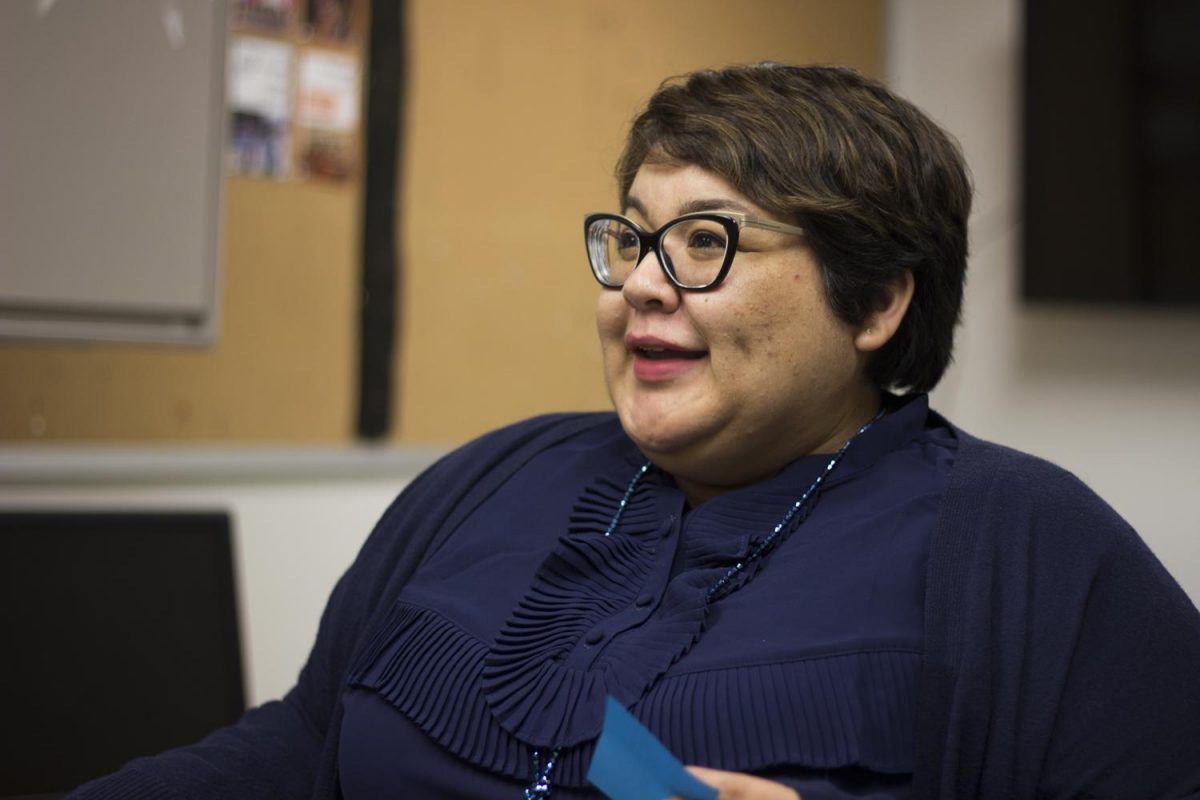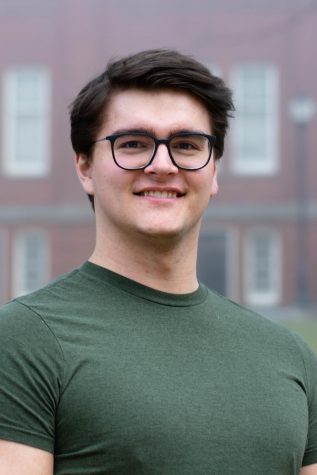Increase funding to Cougar Safe Ride program
Rebranding is not enough to ensure student safety, but allocating more resources will increase capability
DARA EMAN | Daily Evergreen file
Amy Sharp, Women’s Resource Center director, discusses the Cougar Safe Ride program that is replacing Women’s Transit.
October 4, 2017
The recent rebranding of the WSU Women’s Transit program to Cougar Safe Rides does not do enough to allow this program to serve the student community as much as it should.
Cougar Safe Rides provides transportation home for WSU students who may feel uncomfortable walking home late at night or alone. But the program lacks the funding it needs to make a real difference in the lives of WSU students and fulfill the promise of a safer community.
“I would say there needs to be more money put toward this, and you look at other schools who have systems in place like TapRide, and who have even set up something with Lyft, can collect a lot more data,” said Amy Sharp, the new director of the Women’s Resource Center and head of the project.
Programs at other schools use their apps and partnerships to collect data that helps secure money for their program by closely tracking rides they give. However, these resources require money that only comes from having those resources. This makes it very difficult for Cougar Safe Rides to grow.
With more funding, Cougar Safe Rides would be able to afford its own program coordinator and not have to put the responsibility solely on the shoulders of other program leaders, such as Sharp or Meredyth Goodwin at the Access Center, who is responsible for maintaining Cougar Accessibility Transportation.
“We used to have a program coordinator,” Sharp said. “She would work specifically with the program leaders and the volunteers. When they shut down the program, they also closed up that position.”
Due to the changes in leadership from last year, Cougar Safe Rides is not yet operational on campus, but Sharp said she is optimistic about a late October start date and plans to pilot the new program soon.
“We’ve talked about maybe doing a couple of cars and just running it from Thursday, Friday and Saturday,” Sharp said. “Just to see how things run, just to see what things we can do to make it better and see what kind of volunteership we get.”
The success of this service is largely based on how many volunteers actually participate in both running the call center and driving to pick up students.
“It really is quite impressive for volunteers to do all the training and then continually come in and do their shifts for the weekend,” Sharp said. “It’s a dedication, it speaks to the soul of why students want a program like this here.”
But only so many people will volunteer and are willing to work for free for an extended period of time. If there were more paid positions available, it would result in higher employee retention and better service for WSU.
There are other programs that provide rides for students on campus, but they are not linked to each other. One of Sharp’s goals is to partner with other organizations to improve their services.
She said she would like to work closer with CAT because their services are so similar and could help one another to fill the gaps in each other’s resources.
Organizational partnerships like this can help strengthen the overall quality of the services each of them provide, especially when their services are so similar. In many ways, trying to find ways of linking programs is necessary to keep them alive. This wouldn’t be a problem if each one got the funding that it needed to be successful.
WSU claims to be a very safe campus, and in many ways it is, but in order to fulfill that promise, investments have to be made into securing students’ safety.























